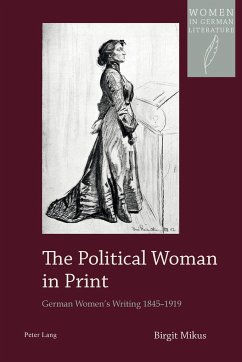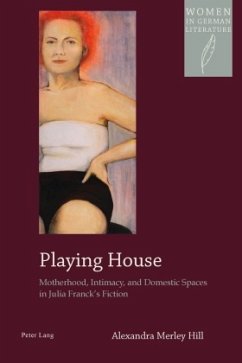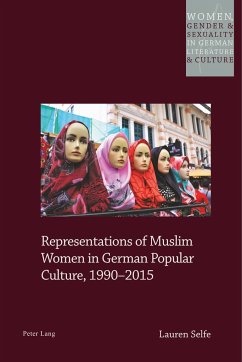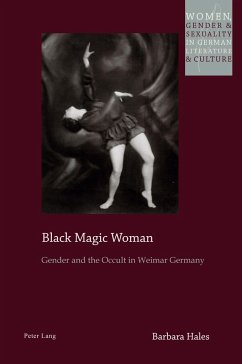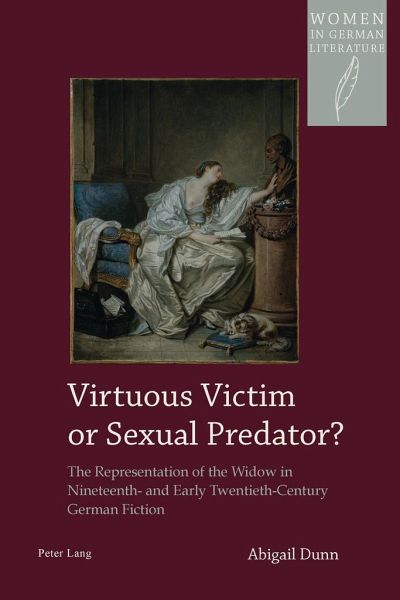
Virtuous Victim or Sexual Predator?
The Representation of the Widow in Nineteenth- and Early Twentieth-Century German Fiction
Versandkostenfrei!
Versandfertig in 6-10 Tagen
77,40 €
inkl. MwSt.

PAYBACK Punkte
0 °P sammeln!
'Was ist eine Witwe mehr als ... ein aufgewärmtes Essen?' According to politician and statesman Theodor Gottlieb von Hippel (1741-1796), widows were superfluous beings and second-hand goods, but they were also perceived by theologians and moralists of the nineteenth and early twentieth centuries as a threat due to their sexual experience and supposedly ungovernable lust. This book analyses the overwhelmingly negative portrayal of the widow in nineteenth- and early twentieth-century German fiction. Male writers in the works discussed repeat the theory that, once deprived of their husbands, wi...
'Was ist eine Witwe mehr als ... ein aufgewärmtes Essen?'
According to politician and statesman Theodor Gottlieb von Hippel (1741-1796), widows were superfluous beings and second-hand goods, but they were also perceived by theologians and moralists of the nineteenth and early twentieth centuries as a threat due to their sexual experience and supposedly ungovernable lust.
This book analyses the overwhelmingly negative portrayal of the widow in nineteenth- and early twentieth-century German fiction. Male writers in the works discussed repeat the theory that, once deprived of their husbands, widows become sexually voracious. Indeed, the widow is often presented as a dangerous sexual predator who is prone to violence. Female authors, however, highlight the invisibility of the widow and portray her as a figure alienated from society and her family because she has internalized the ideas propounded by Hippel. The widow is depicted throughout as a figure to be at best re-educated and at worst to be feared and guarded against.
According to politician and statesman Theodor Gottlieb von Hippel (1741-1796), widows were superfluous beings and second-hand goods, but they were also perceived by theologians and moralists of the nineteenth and early twentieth centuries as a threat due to their sexual experience and supposedly ungovernable lust.
This book analyses the overwhelmingly negative portrayal of the widow in nineteenth- and early twentieth-century German fiction. Male writers in the works discussed repeat the theory that, once deprived of their husbands, widows become sexually voracious. Indeed, the widow is often presented as a dangerous sexual predator who is prone to violence. Female authors, however, highlight the invisibility of the widow and portray her as a figure alienated from society and her family because she has internalized the ideas propounded by Hippel. The widow is depicted throughout as a figure to be at best re-educated and at worst to be feared and guarded against.



